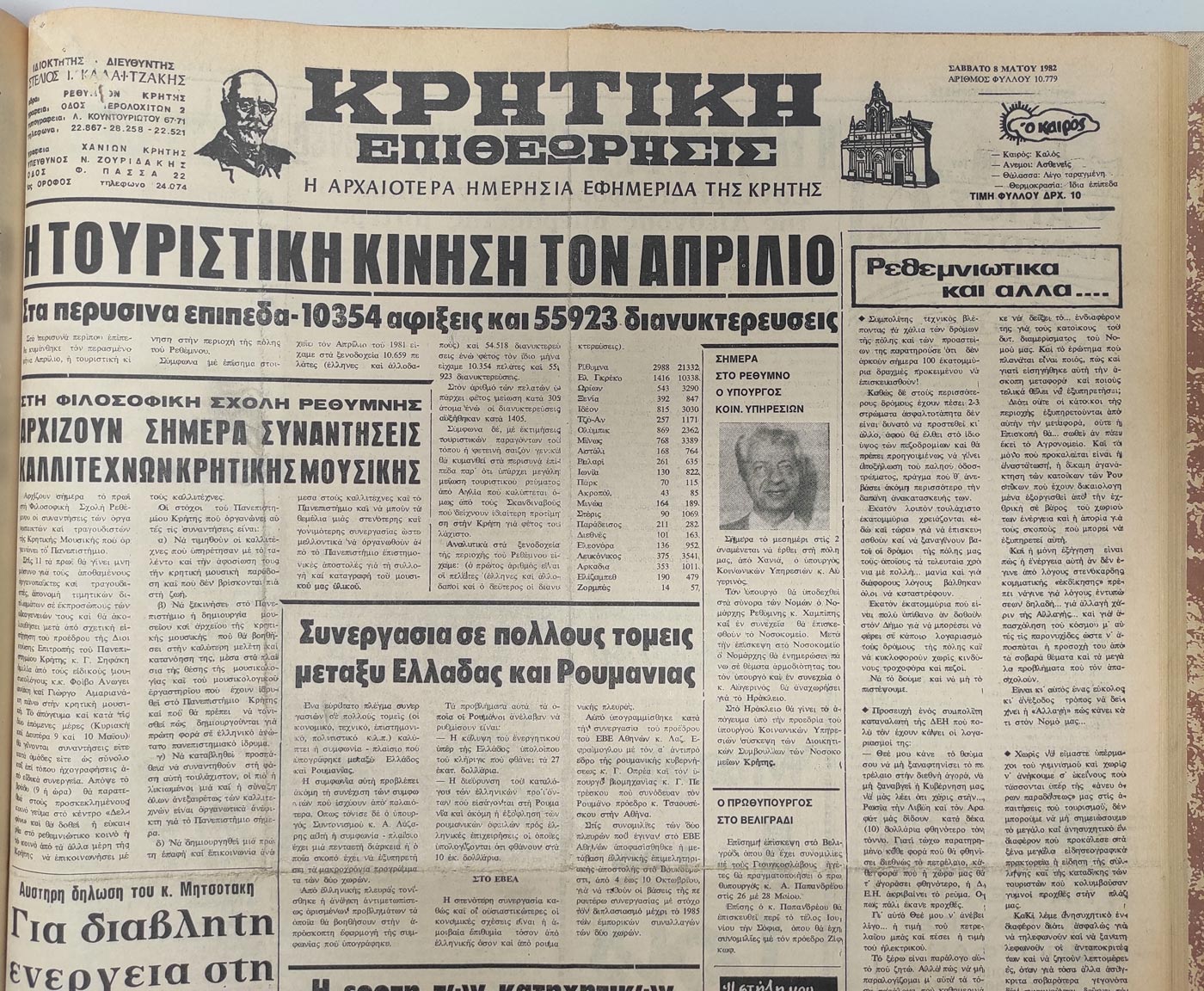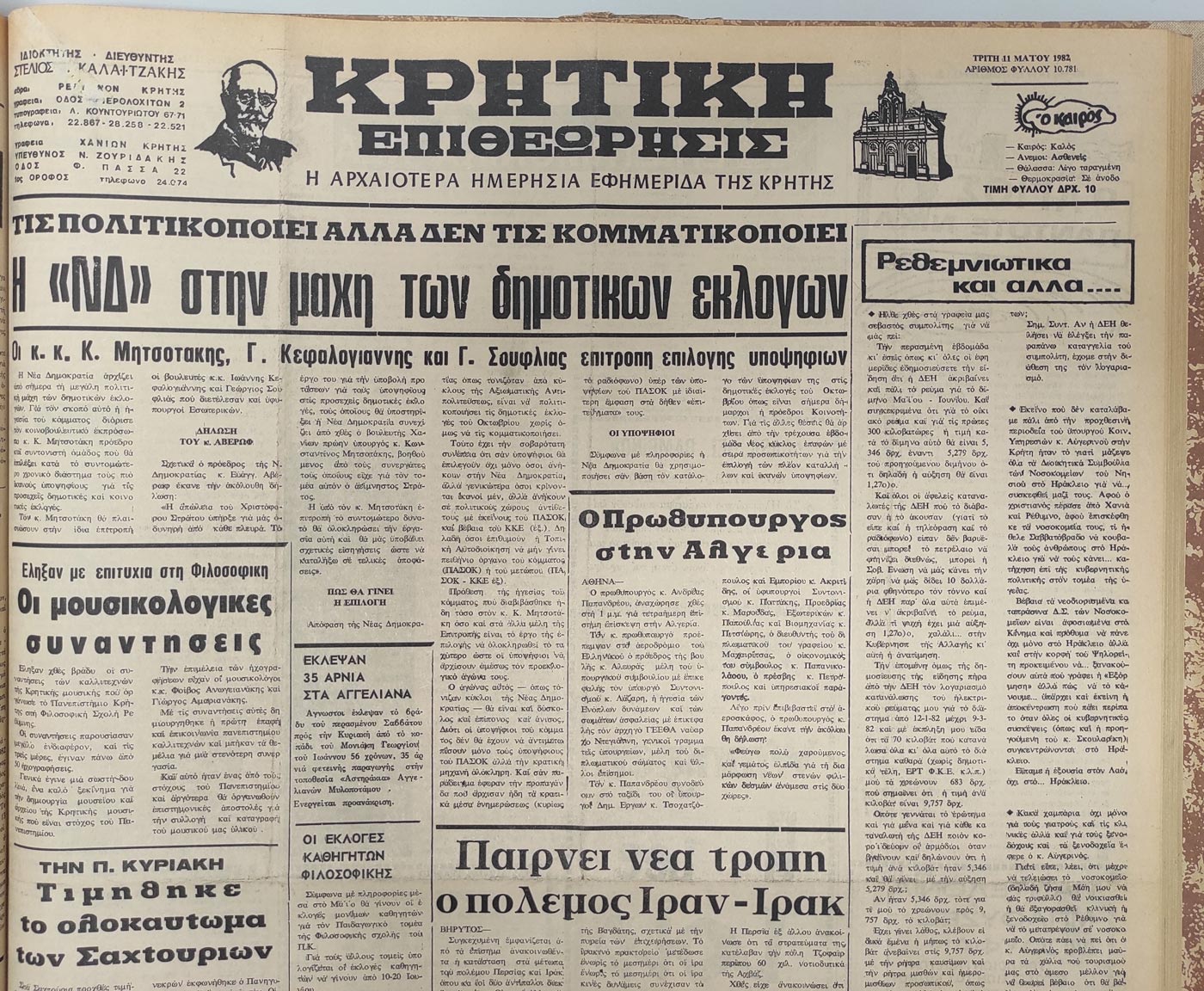The project - The documentation process
Finding the archive about three decades after it was created, after an equally long period of inactivity, caused numerous problems. By the time its documentation process began in 2021, most of the artists involved in its creation had passed away. Only a fraction of the recordings featured identifying information, i.e. an announcement at the beginning lasting a few seconds, in which the contributors mentioned the place of the recording, the title of the track and their names.



